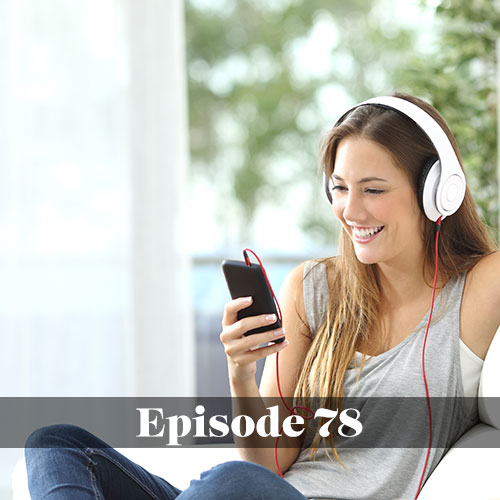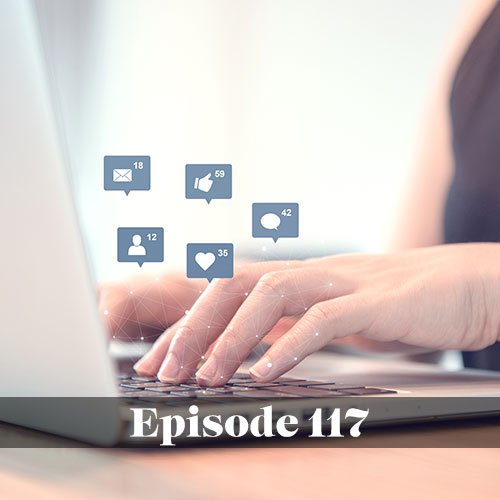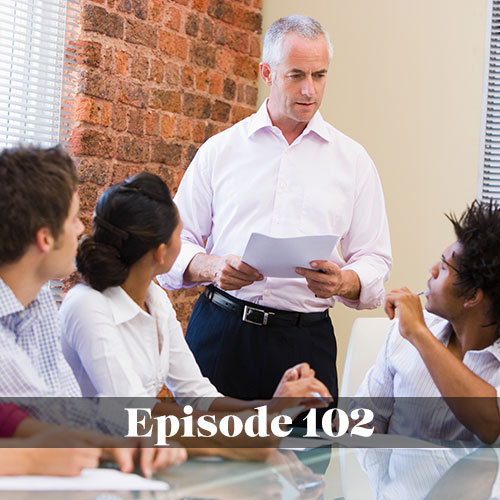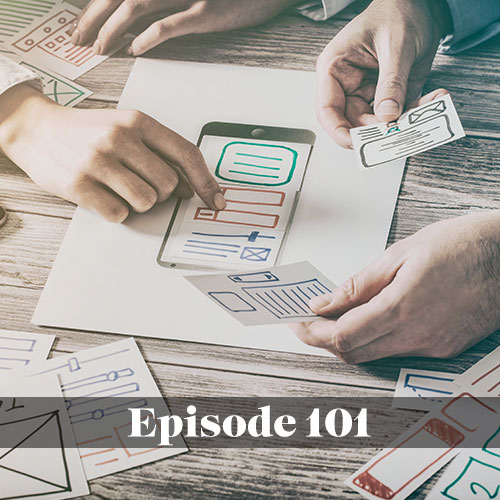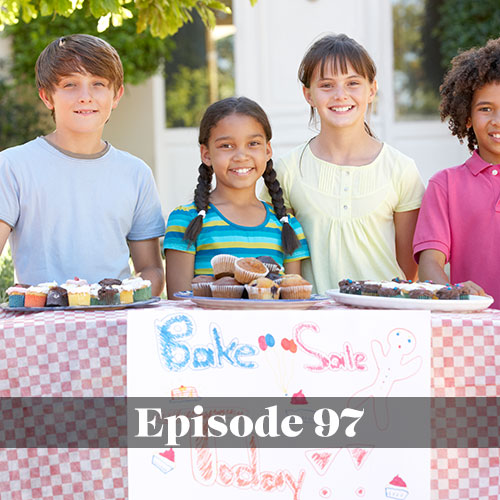Host Joel Gagne speaks with Nick Jaworski about podcasting in public schools. Nick is a former music teacher and current podcast producer at podcastmonster.com, and the two discuss how public schools can use podcasts to connect with their community.
Nick produces the We Love Schools podcast (Thanks, Nick!) among many other podcasts, so he’s incredibly familiar with the process of starting and producing podcasts.
Joel discusses how podcasting is a great new and innovative way to connect with the community and how schools often get nervous about jumping into podcasts.
“I get the whole litany of excuses,” Joel says. “It’s complicated, and it’s expensive, and how do you get guests? The bottom line here is I see real benefits.”
As a former educator, Nick understands the challenges that schools face when connecting with their communities. He says that podcasting can seem overwhelming, but it’s really not.
“Podcasting isn’t rocket science,” Nick says. He says the most difficult thing about podcasts is to make sure to keep track of the podcasting and to make sure it gets done.
“Any school district with a staff, and an administration, and hundreds of students has enough people around to want to take on a project like this,” Nick says.
Podcasting in public schools isn’t any more difficult than regularly sending newsletters and keeping school social media updated.
Nick says podcasting in public schools can be a great way to get information out as well as to potentially attract new families to the school district. He says there’s not really a good reason not to podcast as a public school.
Joel says a lot of times within school districts, people get really nervous about saying the wrong thing or not having the time to keep up communications. But he says that podcasts are another quick piece of the digital footprint to help administrators communicate.
Podcasting in public schools isn’t very expensive, and even simply interviewing students can be a great way to share what the district is up to.
Nick and Joel discuss the benefits of audio versus video and how people are more likely to listen than they are to both watch and listen.
“Number one, I didn’t have to shower for this interview,” Nick laughs. “People are much more comfortable to participate in an audio format than they are in a video format.”
Nick says that podcasts are just so easy to be able to get your information right to your phone.
“If you subscribe to We Love Schools, when there’s an episode, you just open up your podcast app and it’s there,” Nick says. “You don’t have to search.”
Nick explains a project he used to do called sound walks. Students would explore a part of the building or campus and through time they created an audio map of the school. He says that with projects like that used in a podcast, the combination of being playful in a podcast and having passion for the school can create a really cool podcast for a school district.
“If you can hear directly from children, and hear their passion, and hear how smart they are, and hear how creative they are, then you’re going to be making good stuff,” Nick says. “Student voice is such a powerful thing.”
Joel agrees, and says that podcasting in public schools can be a great way to share how the school district is unique.
As far as cost, Nick says that most schools likely already have the equipment in place they need to podcast. You need a quiet place, you need a computer, you need a mic, and you need a place to host the audio. Nick recommends using Libsyn to host podcasts, and warns to never keep podcasts on the school server.
Nick’s recommendation is for schools to get a mic, get some software and try it out.
“Don’t let perfection get in the way of good enough or getting it done,” Nick recommends. “People are used to informal podcasts.”
Nick says that without question, for less than $200 a school can start podcasting.
In addition to sharing information, podcasting in public schools can be used to support instructions as well.
Joel also says one of his favorite aspects of podcasts is that since it’s not live, any mistakes can be easily edited out. So there’s less stress when recording the podcast because the guests know that they can always do a retake.
When asked what one book he would recommend to listeners, Nick recommends “Let’s Talk About Love: A Journey to the End of Taste.” In the book, a music critic tries to understand how he doesn’t know anyone who likes Celine Dion, but she’s such a popular artist. He says the book promotes understanding and empathy.
Got a question or topic you’d like covered in an upcoming We Love Schools podcast? Email us at info@weloveschoolspodcast.com
First time listening to We Love Schools? Learn more about our weekly podcast.
Interested in learning more about how the Allerton Hill Communications team can help your school dive into podcasting? Contact us today.


